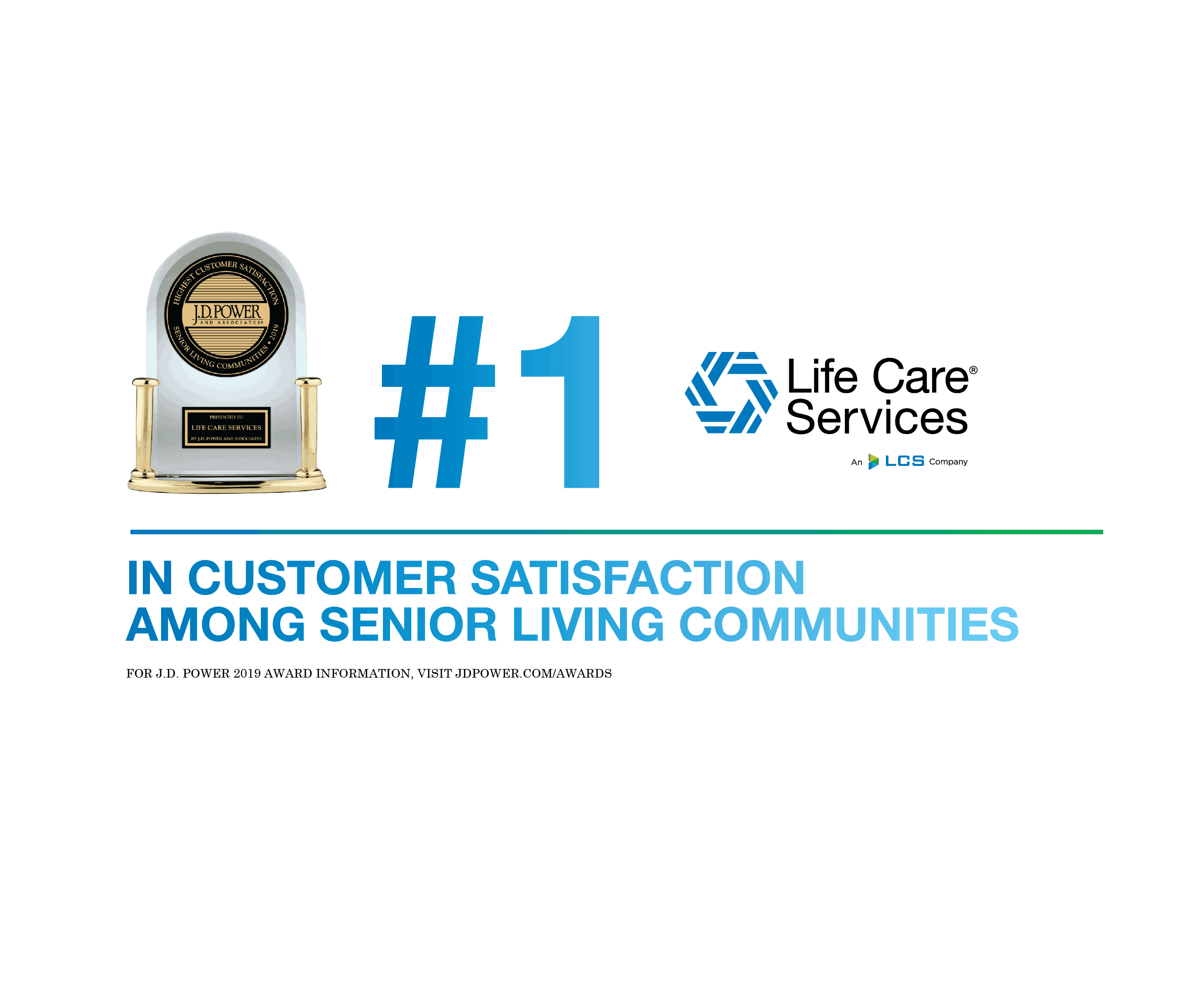Differentiating Between Memory Care and Nursing Homes for Dementia Patients

If you have a loved one who’s struggling with symptoms of dementia or other forms of memory loss, you may be feeling grieved, anxious and helpless. How can you best support your loved one? What options are available? You may have already looked online for answers to your questions only to be disappointed by the results. Fortunately, the support your loved one needs is available. Finding it may be as simple as adjusting your online search terms.
Fine-Tune Your Search
If you’re like most people, you may have looked at “nursing homes for dementia patients” to find support for your loved one. However, nursing homes may not provide the type of care your loved one needs. That’s because what you’re likely looking for is a memory care community rather than a nursing home. The former could be either a stand-alone memory care community or a dedicated memory care neighborhood within a retirement community that offers other levels of living and care.
The confusion is due to the misuse of the phrase “nursing home.” You may have grown up with the understanding that a “nursing home” refers generally to a facility that cares for the needs of older adults … and you may put retirement communities in that same category. But today’s expanded services for seniors have led to new terminology. Here are some updated definitions for common senior care options:
- Senior living — communities with a spectrum of options for older adults, including independent living, assisted living, rehabilitative care, skilled nursing and memory care
- Nursing home — a residential facility serving people who need ongoing, long-term care that is beyond what can be provided at home, but doesn’t necessitate a hospital stay
- Memory care community — a residential community that specializes in supporting residents with Alzheimer’s disease and other forms of dementia
What Makes Memory Care an Ideal Option?
Nursing homes and memory care communities have some basic similarities. Both provide residents with daily meals and assistance with routine tasks like dressing and bathing. Each community offers activities and social events so residents are actively engaged. The difference is a matter of specialization. Nursing homes emphasize medical care, and while your loved one can receive excellent care in a nursing home, that care will likely focus on meeting their medical needs rather than offering memory support. If your family member’s primary challenges relate to memory loss or other symptoms of dementia, a place that offers dedicated memory care is likely the better choice. Here’s why:
- Staff are trained in dementia support. Special training means staff members can help residents cope with symptoms of Alzheimer’s disease and dementia, such as confusion, anxiety, suspicion and poor judgment.
- Programming is geared toward compassionate, person-centered dementia care. Compassionate care involves honoring each resident’s individuality and dignity while incorporating therapies that can help delay the progression of dementia.
- Security features keep residents safe. According to the Alzheimer’s Association, 6 in 10 people with dementia will wander at least once. Alarms and other security devices help prevent residents from leaving the community unattended.
- A simplified design creates a soothing environment. Straightforward floor plans, a visually calming environment and small, quiet spaces help reduce residents’ confusion and stress.
Person-Centered Memory Care in Dallas
Signature Pointe’s memory care community is tailored to the unique needs of our residents, creating a protective, comforting environment where engaging activities and therapies, from music therapy to gardening, support residents’ dignity and satisfaction. Our philosophy is based on Heartfelt Connections – A Memory Care Program®, in which the focus is on residents’ strengths, successes and unique abilities. Contact us if you’re interested in learning more about compassionate memory care at Signature Pointe.




